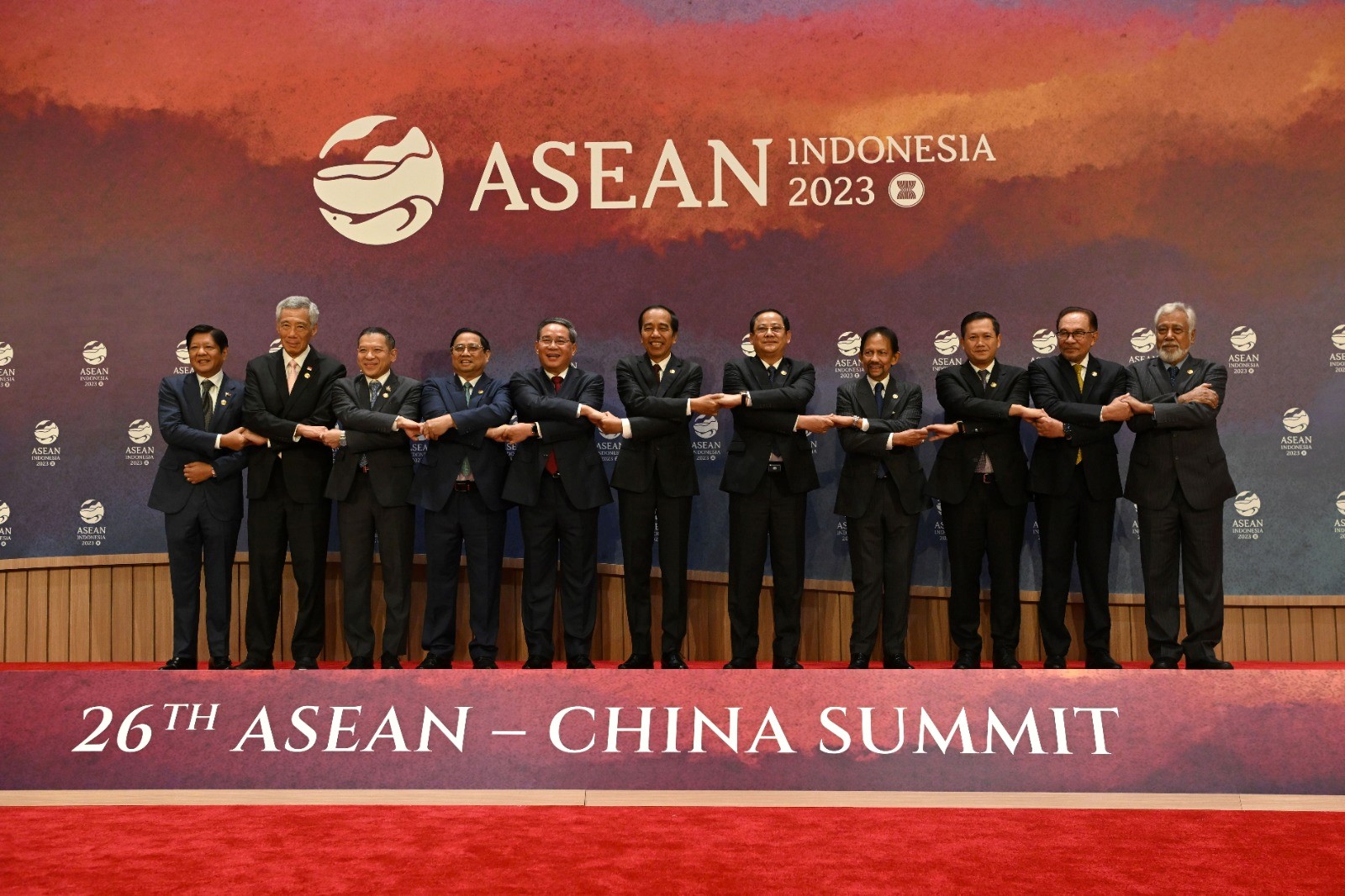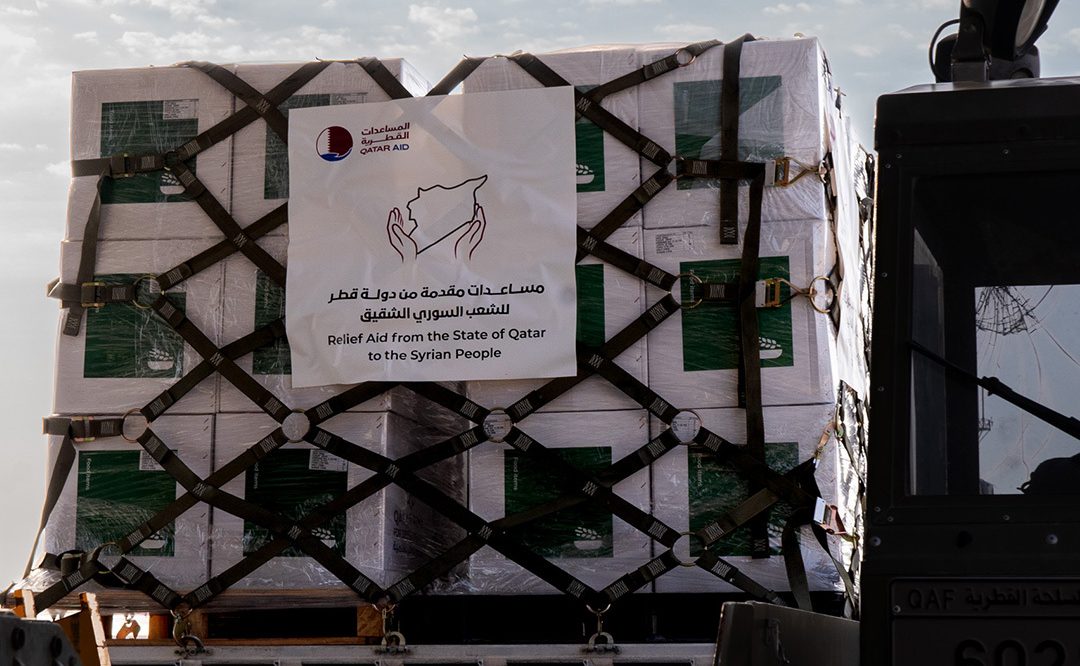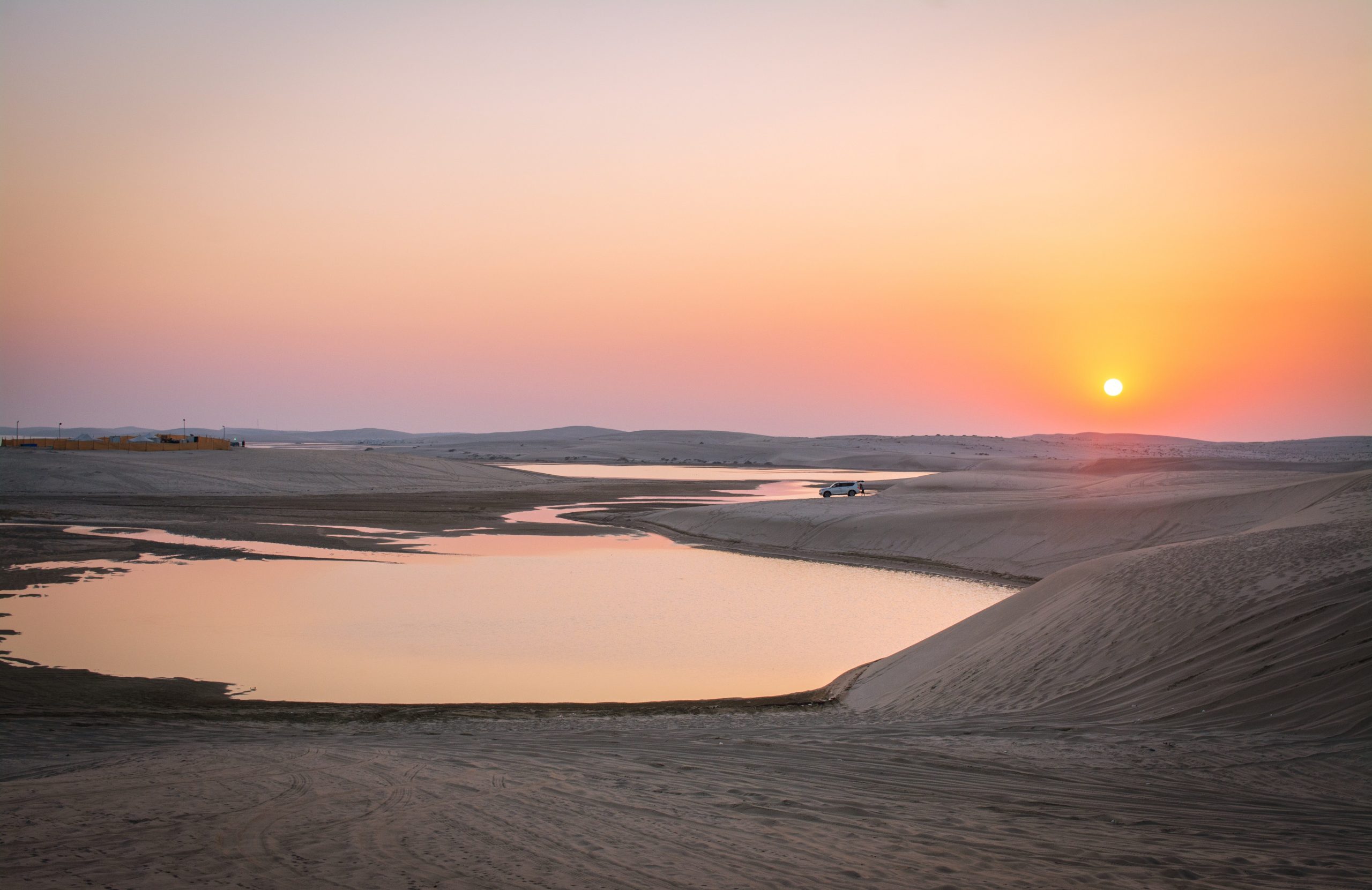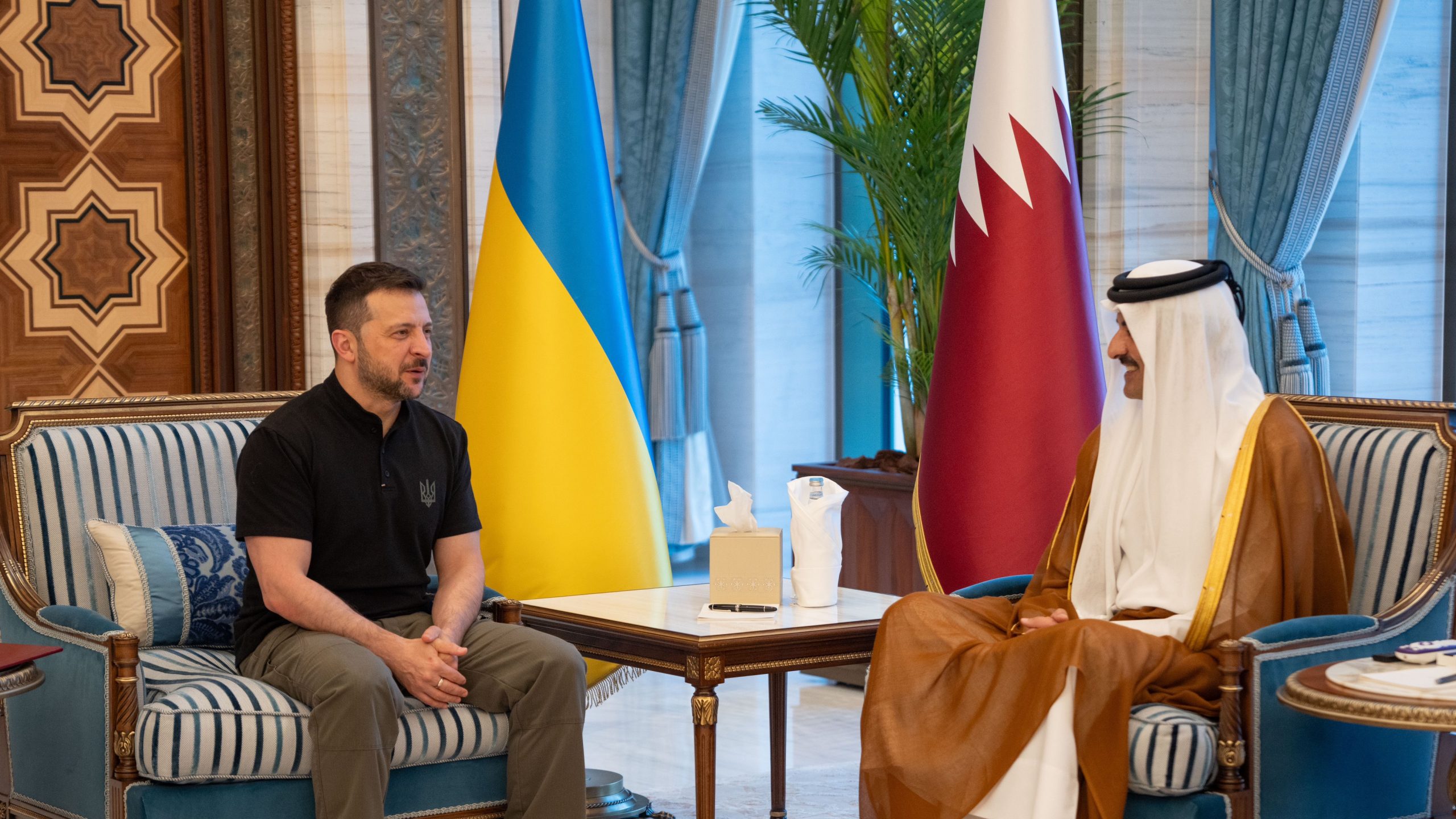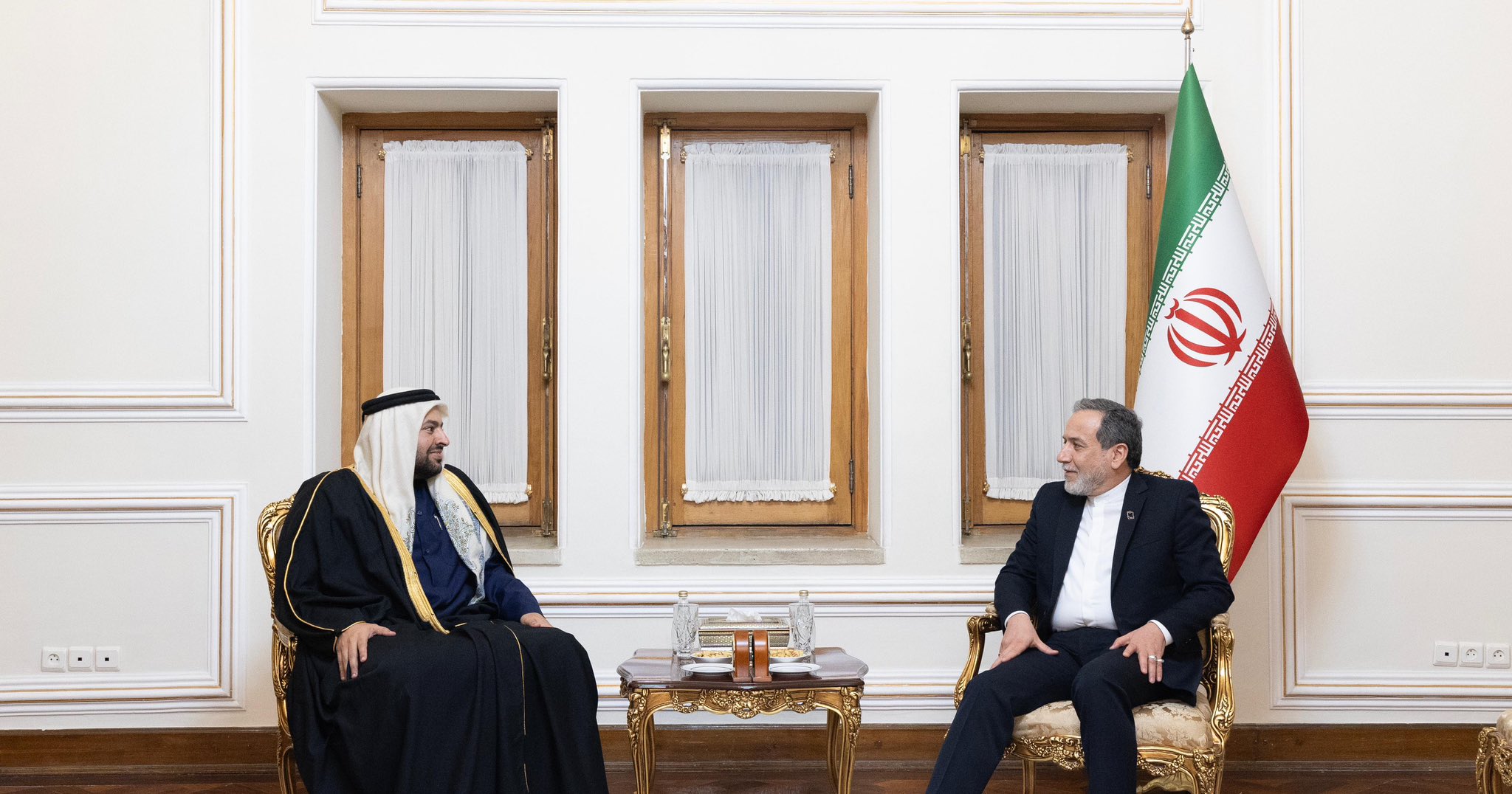Established on August 8, 1967, ASEAN member states include: Indonesia, the Philippines, Malaysia, Singapore, Thailand, Brunei, Vietnam, Laos, Myanmar, and Cambodia.
The Association of Southeast Asian Nations (ASEAN) has praised its relations with “trusted external” partner, Qatar, days ahead of the 57th anniversary of its establishment in Bangkok, Thailand.
In a press release, the ASEAN Committee in Doha (ACD) listed the growing partnership between the bloc and the Gulf state in various ways, from diplomatic to economic ties.
“ASEAN continues to collaborate with Qatar in upholding our shared values, particularly in reinforcing the rule of law, promoting peaceful resolutions of conflicts, and advancing an inclusive and just society,” ACD said.
In mentioning Qatar and ASEAN’s relations, the bloc praised the frequent exchanges between leaders and officials of both sides.
Some of the visits it listed included Sheikh Tamim bin Hamad Al-Thani’s trip to the Philippines in April as well as the visit of Malaysian Prime Minister Anwar Ibrahim and Indonesian President-elect Prabowo Subianto to Doha in May.
ACD also mentioned Sheikh Tamim’s meeting with former Singapore Prime Minister, Lee Hsien Loong and Vietnam Prime Minister Pham Minh Chinh on the sidelines of the inaugural ASEAN-GCC Summit in Riyadh last October.
The exchanges included Qatar’s Prime Minister and Minister of Foreign Affairs Sheikh Mohammed Bin Abdulrahman Al Thani’s visit to Singapore in August 2023, which marked his first trip to the Asian country.
“We are glad to see exchanges at the highest levels between the leaders of Qatar and ASEAN,” the press release said.
Established on August 8, 1967, ASEAN member states include: Indonesia, the Philippines, Malaysia, Singapore, Thailand, Brunei, Vietnam, Laos, Myanmar, and Cambodia.
Laos is chairing ASEAN’s session this year under the slogan “Enhancing Connectivity and Resilience”, highlighting its mission in strengthening its relations with partners outside of the bloc, namely Qatar.
“The theme highlights ASEAN’s commitment to fostering stronger connections to build resilience, both within ASEAN and with its trusted external partners, such as the State of Qatar, which acceded to ASEAN’s Treaty of Amity and Cooperation in 2022,” ACD explained.
Some of ASEAN’s areas of focus under Laos’s chairmanship include enhancing regional cooperation while strengthening the region’s “people-to-people ties”.
“Within the region, infrastructure development, digitalisation initiatives and cultural exchanges facilitate greater understanding and collaboration between Member States,” ACD said.
Some of the values Laos is aiming to highlight this year include “resilience and connectivity” amid ongoing “tensions between major powers”.
“It is imperative that ASEAN continue to strengthen its resilience and connectivity as a foundation for greater growth,” ACD noted.
Trade and economy
ASEAN is among the fastest growing regions in the world with a gross domestic product that reached $3.6 trillion in 2022 alone, with the possibility of becoming the fourth-largest economy in the world by 2030.
“There is tremendous scope for Qatar and ASEAN to strengthen cooperation in various fields such as renewable energy, climate change, sustainable development, agribusiness, education, financial, ICT, sports, transport, tourism, and hospitality,” ACD said.
Qatar has been among ASEAN’s top trade partners, with ties witnessing a steady growth. According to ACD, the total annual trade between both sides is estimated to be $9bn.
“Qatar is also a key investor in ASEAN, with investments in the energy, financial, real estate, telecommunications, agribusiness, hospitality, and medical sectors,” it explained.
Such investments come as several entities in the Gulf state boost their partnerships with ASEAN members.
In naming the Qatari entities, ACD listed Qatar Investment Authority (QNA), the Gulf state’s sovereign wealth fund, with the establishment of its Asia-Pacific headquarters in Singapore in 2021.
The Qatari investments in Singapore alone are estimated at around $3bn, with the energy ties making up for most of the relations. In 2020, QatarEnergy, formerly Qatar Petroleum, signed its first long-term liquified natural gas (LNG) deal with Singapore’s Pavilion Energy.
The deal stipulated the supply of 1.8 million tonnes of LNG per year to Singapore starting from 2023.
With Asian countries making up most of its import destinations, QatarEnergy has a liaison office in Thailand.
Other key companies have established branches in the region. Indonesia alone hosts branches of Ooredoo, Nebras Power and QNB Group.
ASEAN member states’ investments in Qatar have witnessed steady growth, covering numerous sectors including oil and gas, hospitality, technology, and retail.
ACD underlined the importance of maintaining sustainability as a key pillar of ASEAN’s global partnerships. It highlighted its Strategy for Carbon Neutrality that has led to the introduction of projects that would support its sustainable development.
“One power integration project, which has already begun and involves Lao, Malaysia, Singapore, and Thailand, could potentially be a pathfinder to an ASEAN energy grid,” ACD said while listing examples of such projects.
It added that it will establish the ASEAN Centre for Climate Change in Brunei Darussalam, aimed at “achieving a climate-resilient and low-carbon region”.
Digital transformation is another area of focus for ASEAN. The introduction of the Digital Economy Framework Agreement in 2023 is set to accelerate the region’s trade growth and promote start-ups.
ASEAN’s digital economy is also poised to triple by the end of the decade to reach $1bn.

